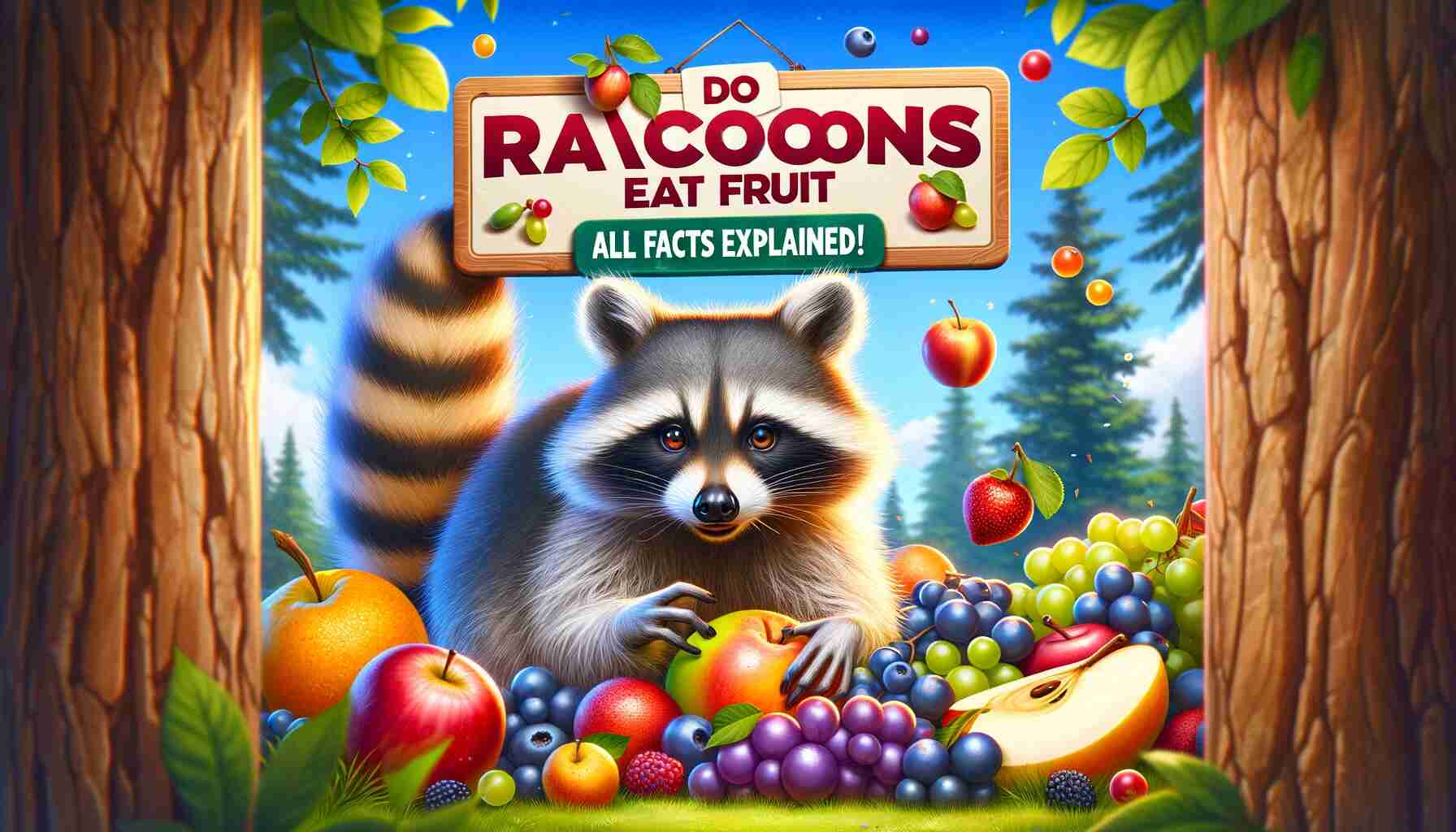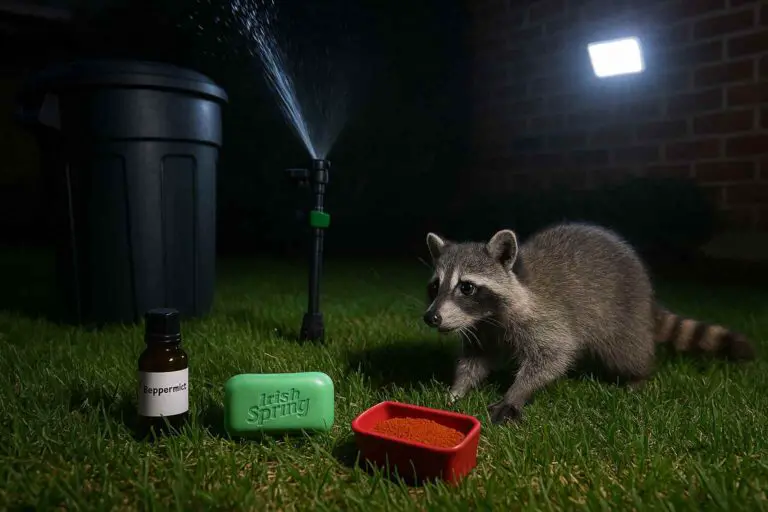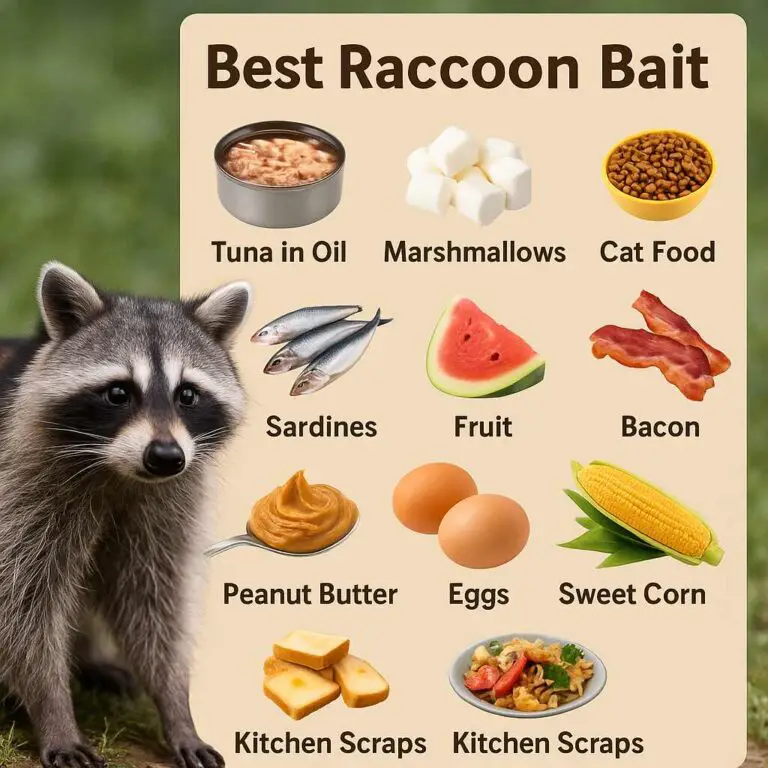In short, yes, raccoons do eat fruit. While they are primarily omnivores with a varied diet that includes insects, small mammals, and fish, raccoons readily consume fruits when they come across them in their habitat. Their opportunistic nature and keen sense of smell make fruit a tempting and nutritious treat for these resourceful creatures.
That’s right! Raccoons are opportunistic eaters, and their diet can vary significantly depending on the season and the availability of food. While they are primarily carnivorous and enjoy dining on insects, small mammals, birds, and even fish, they are not averse to adding fruits and vegetables to their menu.
Types of Fruits Raccoons Consume
Raccoons are not particularly picky eaters when it comes to fruits, and they will consume a variety of options. Here is a list of fruits that raccoons commonly eat:
- Berries: Raccoons are especially fond of berries, including strawberries, blueberries, blackberries, and raspberries. These fruits are often found in gardens and wooded areas, making them an attractive food source for raccoons.
- Apples: Apple trees are a common target for raccoons, especially during the late summer and fall when apples are in season. Raccoons may climb the trees to access the fruit or forage for fallen apples on the ground.
- Grapes: Grapes are another favorite of raccoons. They are easily accessible on vines and can provide a juicy and satisfying meal for these animals.
- Peaches: Raccoons are known to raid orchards with peach trees, as the ripe fruit is a tempting treat for them.
- Cherries: Cherry trees can also fall victim to raccoon foraging, as these animals are attracted to the sweet and succulent cherries they produce.
- Plums: Plum trees are not immune to raccoon activity, and raccoons will munch on ripe plums when given the chance.
- Melons: Watermelons and cantaloupes are not safe from raccoon raids, as their thick rinds can be easily breached by the sharp claws and teeth of these animals.
- Pears: Raccoons have been known to snack on pears when they are in season.
- Figs: In regions where fig trees grow, raccoons may also enjoy feasting on the sweet and nutritious figs.
- Mulberries: Mulberry trees are another source of delight for raccoons, as the ripe mulberries are easy for them to reach.
It’s important to note that while raccoons enjoy these fruits, their preferences may vary depending on what is available in their habitat. They are opportunistic feeders, and their diet is influenced by the local flora.
Benefits of Fruit in a Raccoon’s Diet
Fruits offer several nutritional benefits to raccoons, which is why they are willing to include them in their diet. Some of these benefits include:
- Energy: Fruits are a source of natural sugars and carbohydrates, providing raccoons with a quick energy boost.
- Hydration: Fruits have a high water content, which can help raccoons stay hydrated, especially during hot summer months.
- Vitamins and Antioxidants: Fruits are rich in vitamins and antioxidants that can contribute to a raccoon’s overall health.
- Variety: Including fruits in their diet adds variety to the raccoon’s menu, helping them adapt to changing food sources throughout the year.
Raccoon Foraging Behavior
Raccoons are known for their nocturnal habits, and they often forage for food at night. Their dexterous front paws and sharp claws allow them to manipulate objects and open containers, making it easier for them to access fruits, whether they are on trees, in gardens, or in trash cans.
Impact on Human Habitation
While raccoons’ fruit-eating habits might seem harmless, they can sometimes lead to conflicts with humans. Raccoons are known to raid gardens, especially those with fruit-bearing trees or bushes. This can be frustrating for homeowners and gardeners who have put effort into cultivating their plants. To deter raccoons from feasting on your fruit, consider using protective measures like fencing or motion-activated lights.
Conclusion
In conclusion, raccoons are indeed fruit-eaters, although their diet is primarily omnivorous. They are opportunistic animals that readily consume a variety of fruits when they come across them. Their dietary habits are influenced by the seasons and the availability of food in their habitat.
Understanding raccoons’ dietary preferences can help humans coexist with these resourceful critters. While they may occasionally visit your garden for a fruity treat, raccoons play a vital role in the ecosystem by helping control insect populations and participating in seed dispersal.
So, the next time you spot a raccoon in your backyard enjoying a piece of fruit, remember that they are just following their natural instincts as opportunistic omnivores, making the most of the resources available to them in their environment.








